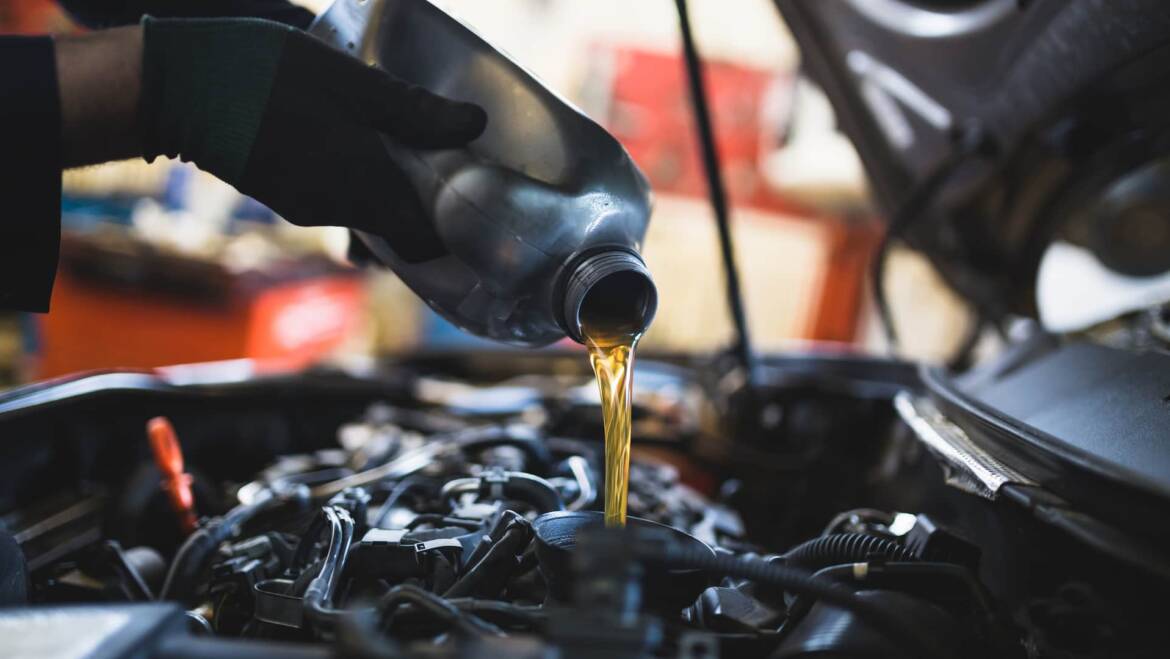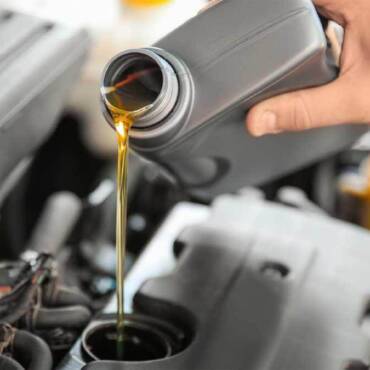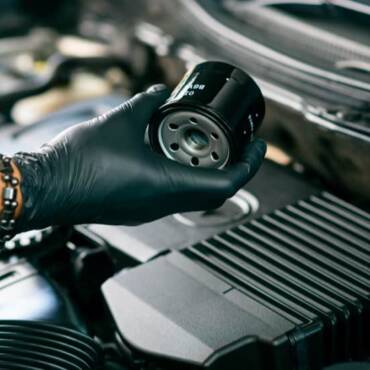Changing your vehicle’s engine oil is a fundamental aspect of routine maintenance, ensuring your engine runs smoothly and efficiently. However, many car owners wonder whether it’s acceptable to change the oil without also changing the oil filter. In this article, we’ll explore the importance of the oil filter, the reasons behind changing it during an oil change, and the potential consequences of neglecting this crucial component.
Understanding the Role of the Oil Filter
Before we delve into whether you can skip changing the oil filter, let’s grasp the vital role it plays in your vehicle’s engine. The oil filter’s primary function is to remove contaminants, such as dirt, debris, and metal particles, from the engine oil. It acts as a gatekeeper, preventing these harmful substances from circulating through the engine.
A clean and efficient oil filter ensures:
- Proper lubrication of engine components.
- Reduced engine wear and tear.
- Improved engine performance and fuel efficiency.
- Extended engine lifespan.
Why Change the Oil Filter?
Now that we know the essential role of the oil filter, it’s essential to understand why it’s generally recommended to change it when changing the engine oil:
- Contaminant Build-Up: Over time, the oil filter accumulates contaminants and particles from the engine oil. Changing the filter during an oil change prevents these impurities from recirculating through the freshly added clean oil.
- Efficiency: A clogged or dirty oil filter becomes less efficient at trapping contaminants. A new filter ensures optimal filtration, keeping your engine oil cleaner for longer.
- Maximizing Engine Protection: A clean oil filter maximizes engine protection. Skipping the filter change could compromise your engine’s health and longevity.
Potential Consequences of Not Changing the Oil Filter
While it may be tempting to skip changing the oil filter to save time or money, doing so can have several adverse consequences:
- Reduced Oil Effectiveness: A clogged oil filter won’t effectively filter out contaminants, leading to dirty engine oil that can’t provide proper lubrication. This can result in increased friction and engine wear.
- Engine Damage: Prolonged use of a clogged filter can lead to engine damage and reduced performance, potentially causing costly repairs down the road.
- Decreased Fuel Efficiency: Dirty engine oil can decrease fuel efficiency, causing your vehicle to consume more fuel than necessary.
- Shortened Engine Lifespan: Neglecting the oil filter may lead to premature engine wear and a shorter engine lifespan.
When is it Acceptable to Skip the Oil Filter Change?
In rare situations, it may be acceptable to skip changing the oil filter:
- Emergency Circumstances: If you find yourself in an emergency situation where changing only the oil is the only option, it’s better to change the oil without changing the filter than not changing the oil at all.
- Short-Term Solution: Skipping the oil filter change can be a short-term solution, but it should never become a long-term practice. As soon as possible, replace the filter to maintain engine health.
Conclusion
Changing your engine’s oil is crucial for maintaining your vehicle’s performance and longevity. While it may be tempting to skip changing the oil filter to save time or money, it’s generally not recommended. The oil filter plays a vital role in keeping your engine clean and protected from contaminants, and neglecting it can lead to a range of potential issues, including reduced engine performance, damage, and increased maintenance costs. To ensure your vehicle runs smoothly and efficiently, it’s best to follow the recommended practice of changing both the oil and the oil filter during routine maintenance. Your engine will thank you for it with years of reliable service.




